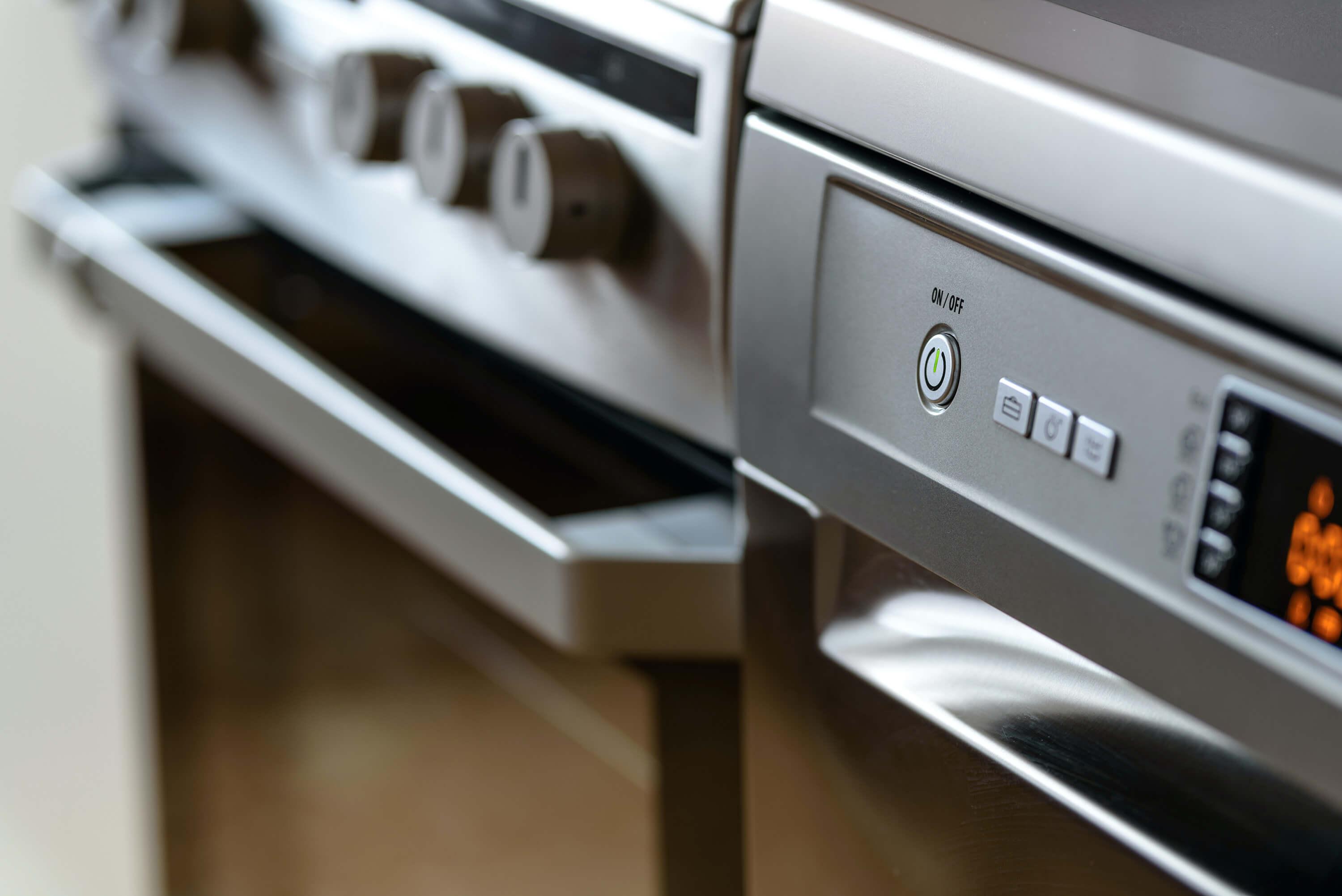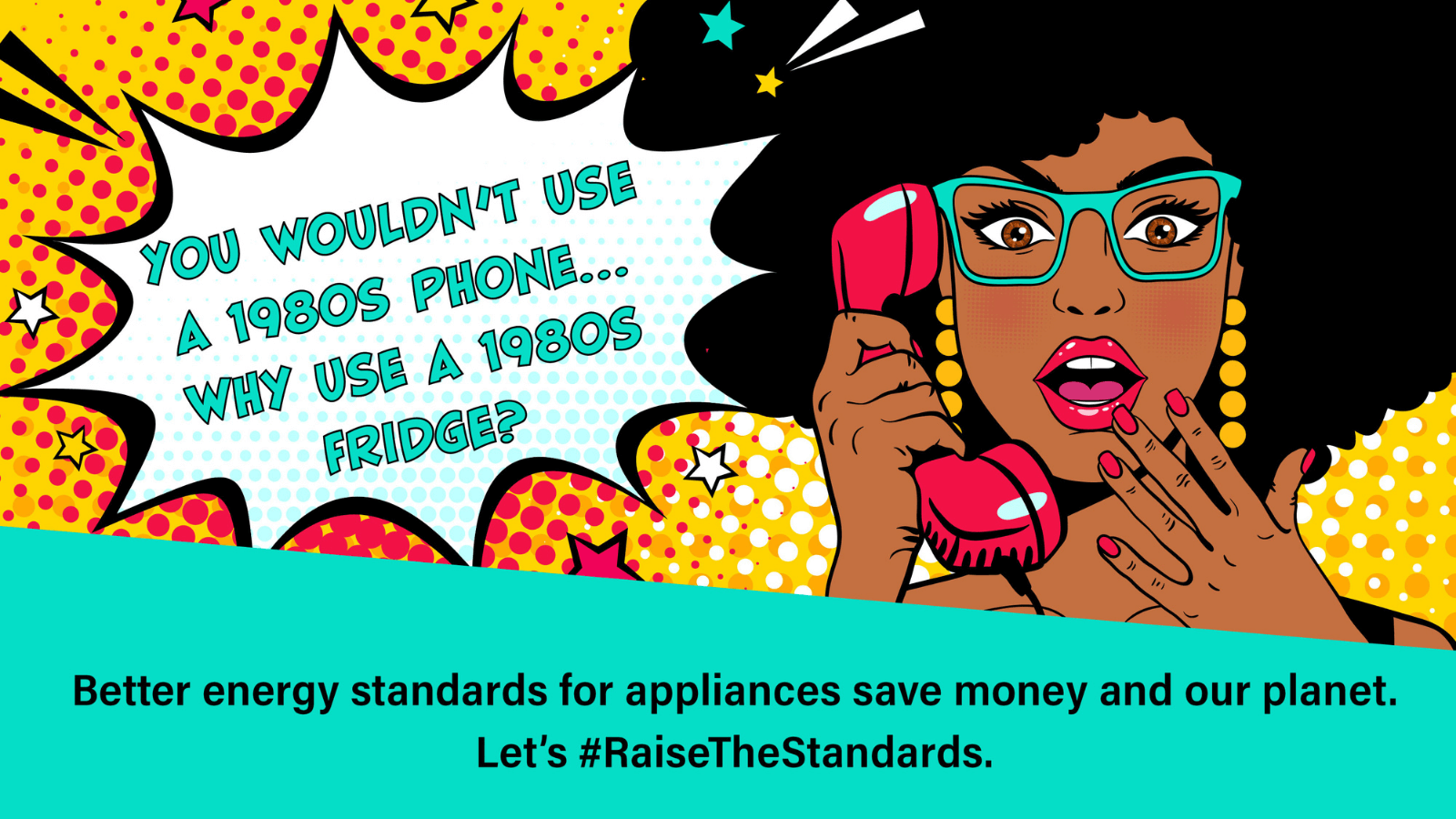
Appliance standards affect our lives every day. They ensure that the products in our homes and businesses don’t waste energy and water. When these standards are up to date, we benefit from new technological breakthroughs, lower utility bills, and fewer emissions that hurt our health and our planet.
The U.S. Department of Energy (DOE) is legally required to update them regularly, but it has fallen way behind schedule. As a result, outdated, wasteful appliances remain on the market—needlessly raising energy costs.
The Biden administration has a critical opportunity to make up for lost time and update efficiency standards for about 50 types of products, including refrigerators, dishwashers, and furnaces, in the next four years. We need swift and robust action. Call it 50 by ’25.
Seizing this opportunity will reduce energy waste for years to come—saving us money and helping solve the climate crisis. We can’t let this opportunity pass.
Let’s #RaiseTheStandards and take a step toward a clean energy future.
What are Appliance Efficiency Standards?
These standards decrease waste by ensuring a minimum level of energy and water efficiency for more than 60 categories of products used in homes, schools, factories, grocery stores, and commercial buildings across the United States. They cover everything from lights bulbs, furnacesd clothes dryers to commercial boilers, supermarket refrigerators
Out-Of-Date Standards Hurt Everyone.

Dozens of standards are now woefully out of date. This has allowed manufacturers to continue selling inefficient technology. For instance, many new furnaces sold today use decades-old technology, rather than widely available efficient technology, because their standards have not been meaningfully updated since 1987 — when Cheers was a top-rated TV show and Ronald Reagan was president.
While many countries keep updating their standards, the United States could become a “dumping ground” for manufacturers to sell off their sub-par, inefficient products.
Out-of-date appliance standards burden Americans with higher energy bills, especially those who can least afford it. This burden is notable for renters, who often have no choice in the appliances their homes are furnished with. In addition, low-income, disadvantaged Black, Hispanic, and Native American households pay a disproportionate share of their income on utility bills.
Finally, energy-wasting appliances cause more carbon emissions. At a time when we need to take far more measures to address the climate crisis, fixing out-of-date standards is a must.
Why Upgrade Appliance Standards?
We have found that strong, updated standards for a range of everyday products could save the average U.S. household $230 on their utility bills every year by 2035. That’s on top of the $500 each household already saves every year thanks to prior DOE standards. In addition, such updates would stop 13-25 coal-fired power plants’ worth of greenhouse gas emissions from entering our atmosphere. More efficient products also take stress off the electricity grid and free up power that could be used to charge electric vehicles, thus accelerating the transition to a clean energy future.
Americans want updated standards. More than 80% of voters support them.
Resources
A Powerful Priority(report)
2021 Is Pivotal Year for Appliance Standards
DOE Proposes to Undo Rollbacks
Light Bulb Standards (analysis)
Appliance Standards Create Jobs
The Path Forward.
President Biden has already pledged to set “aggressive” new standards. His administration’s DOE, required by Congress to update standards, should work promptly to do so for about 50 types of commonly used products.
Let’s gets the job done. Let’s move forward with cleaner technology.
Save Energy, Save Money, Save our Planet.
#RaiseTheStandards
If your organization would like to support this campaign, please reach out to Ben Somberg